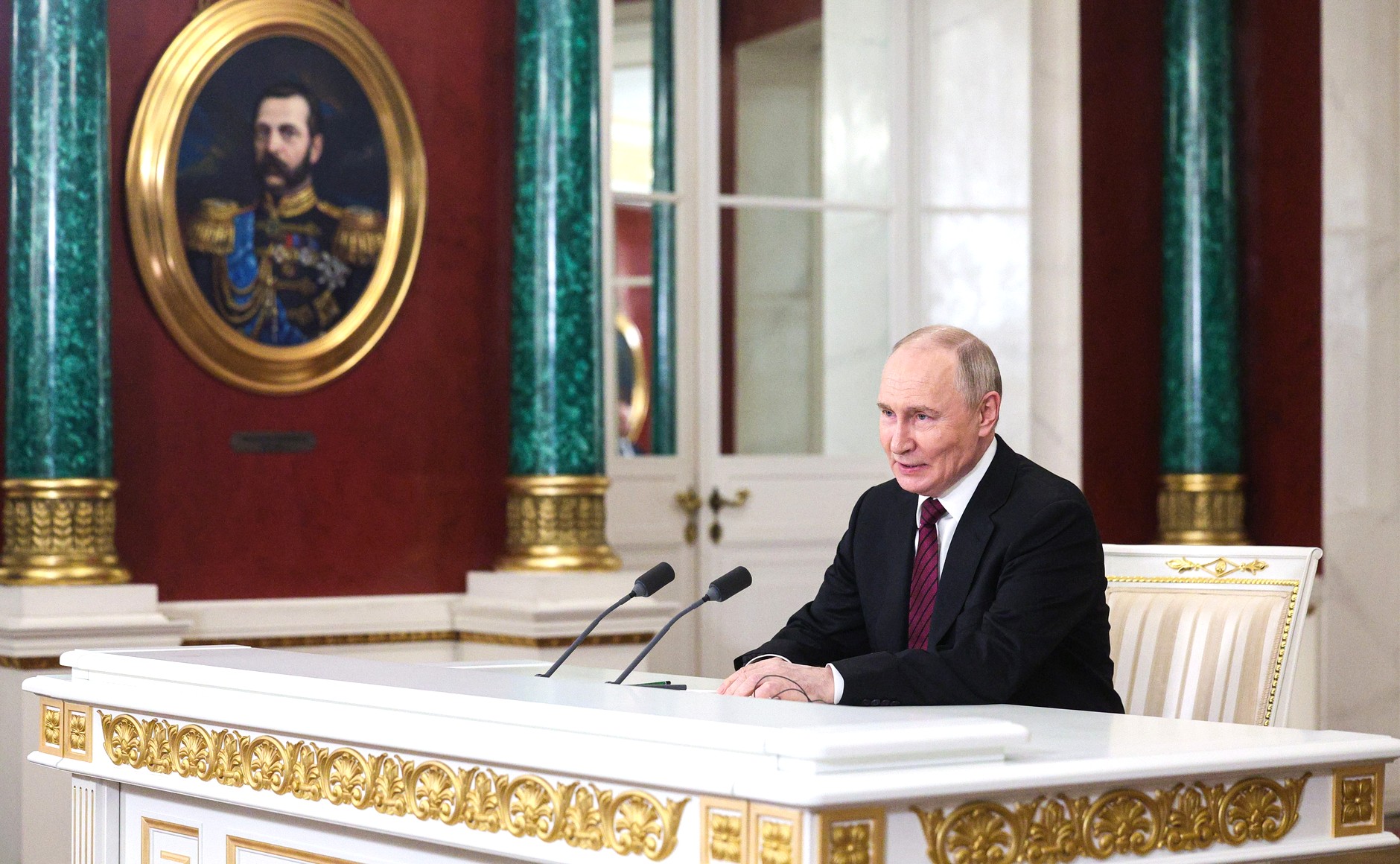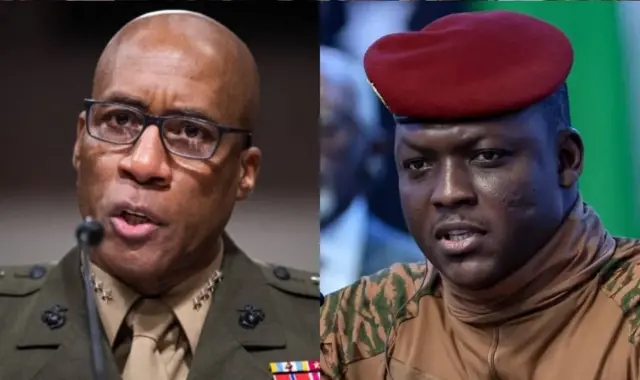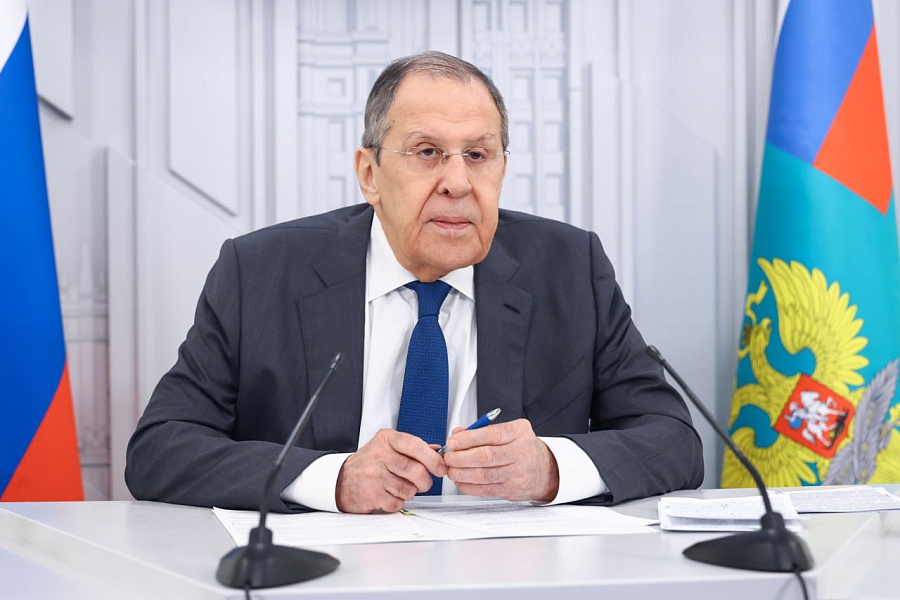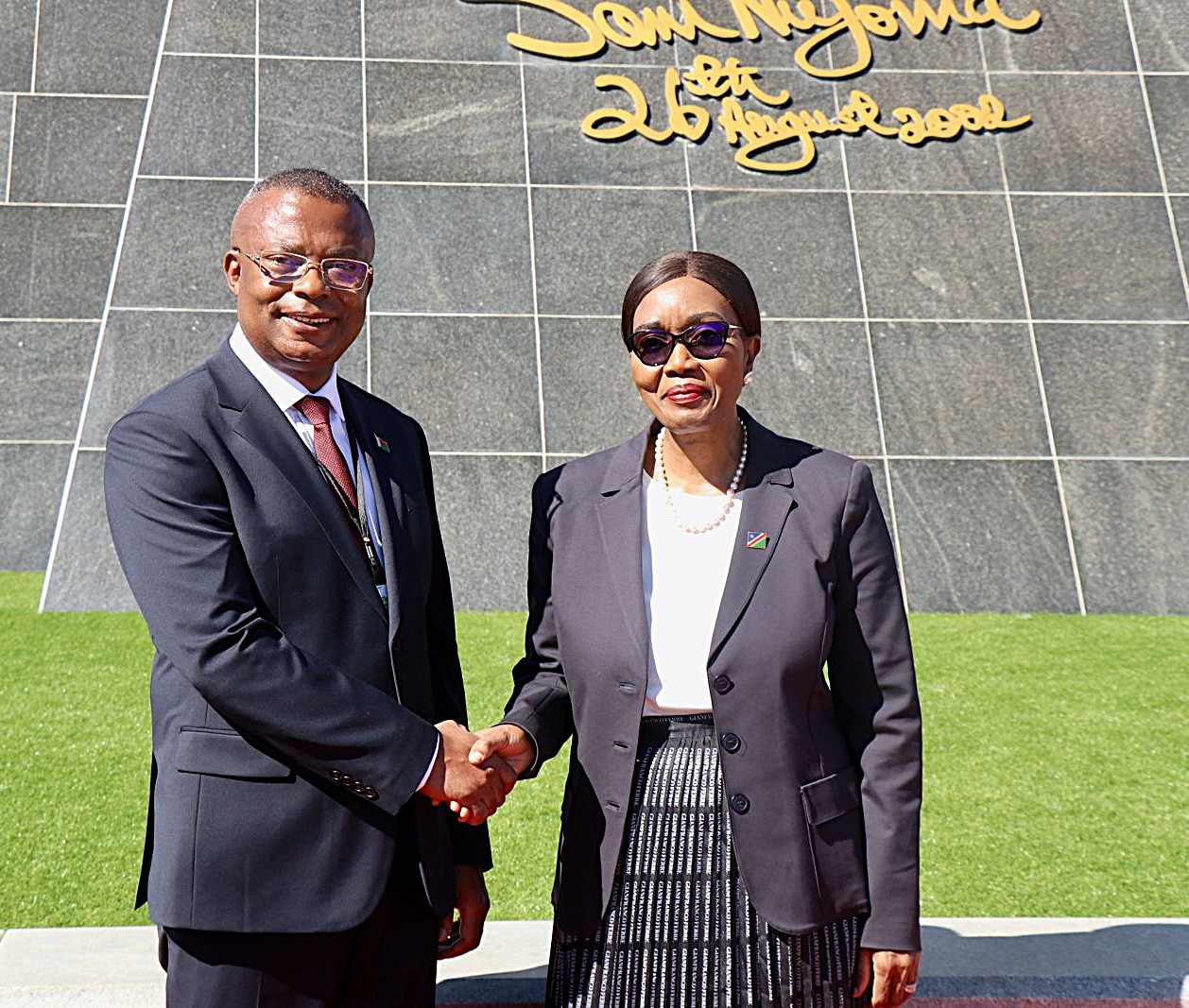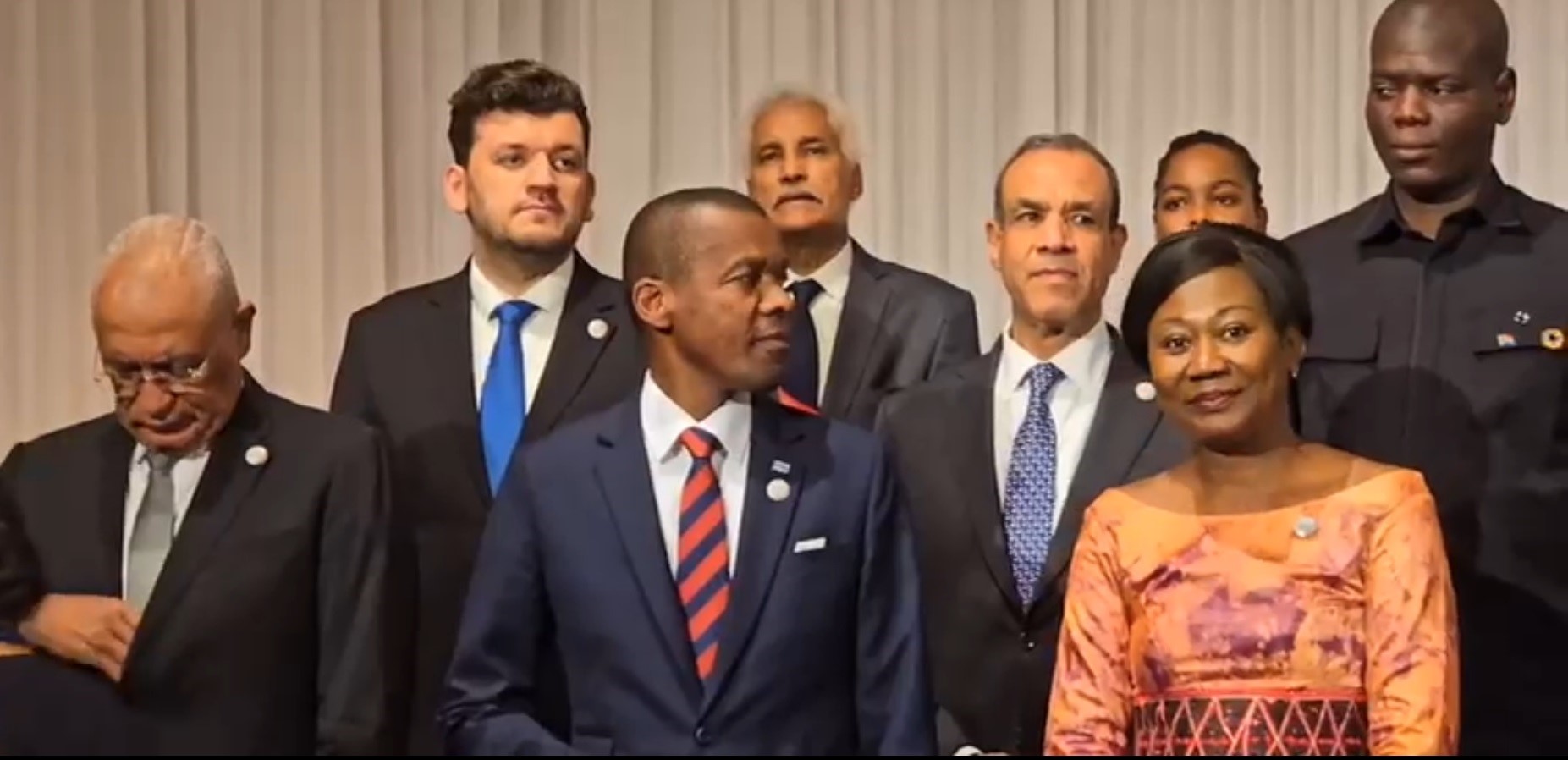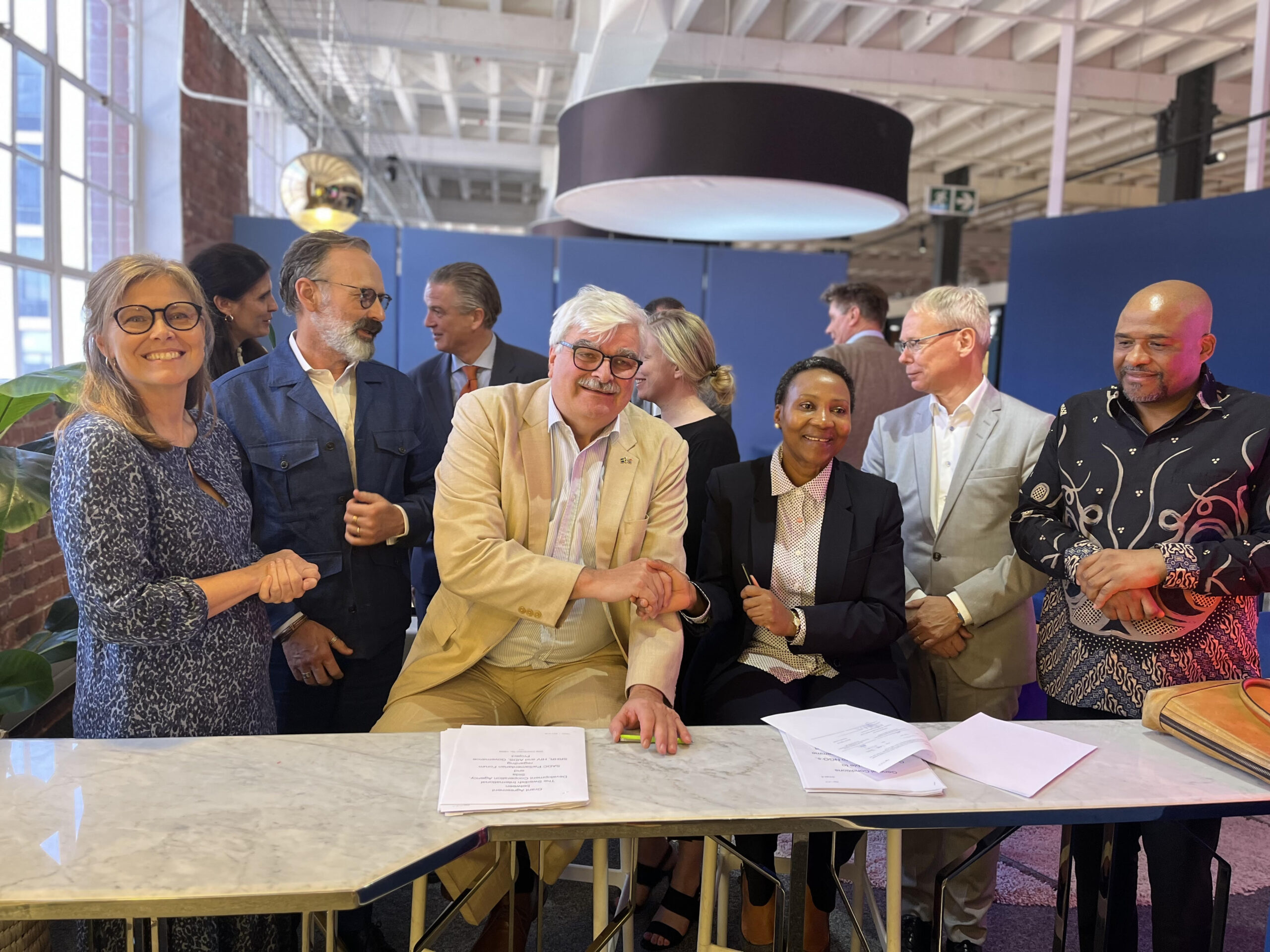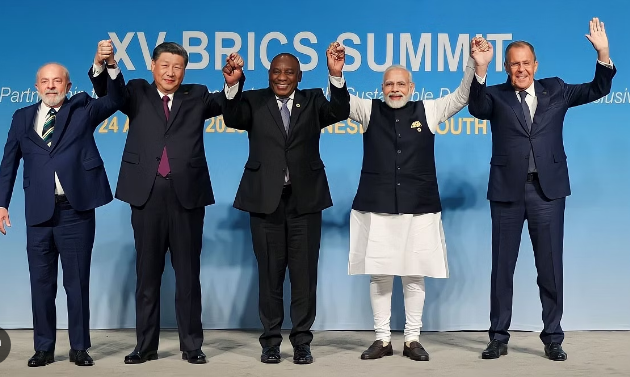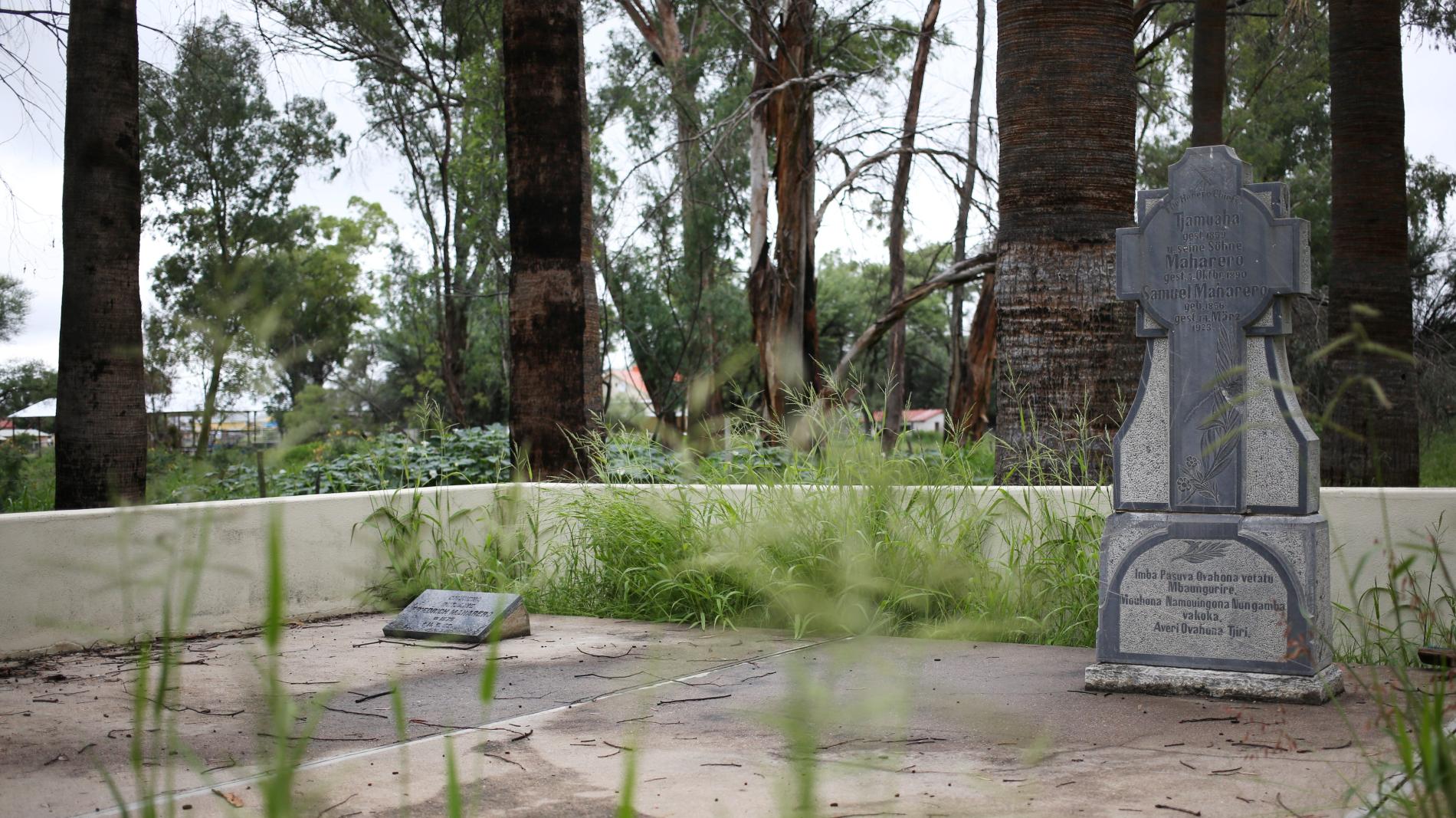
The grave of Samuel Maharero, who led the Herero's fight against the German colonial army, is pictured in Okahandja, Namibia. More African countries are demanding official apologies and reparations from their former rulers
More than 100 years after its crimes as the colonial power in Namibia, the German government last week formally apologized for the genocide that took place under its watch. In a “gesture of reconciliation,” Germany will give $1.3 billion to Namibia in the form of financial aid.
Although this is not a legally binding “reparation” payment, a spokesman for the Namibian president described it as “the first step” in the right direction. This comes more than 70 years after Germany agreed to pay reparations for the Holocaust, a process that’s seen as a model for other colonial powers.
But some traditional leaders representing the Herero and Nama people—the two ethnic groups targeted by German soldiers—say they were not consulted, and have rejected the deal. They describe it as an “insulting amount.”

In the Herero-Nama genocide, German settlers killed tens of thousands of Namibians between 1904 and 1908. Men, women, and children were driven to the desert where many died from malnutrition, exhaustion, and disease. Survivors were placed in concentration camps.
The announcement is timely, and the acknowledgement is part of a noticeable trend over the past few years of European nations admitting to their colonial crimes. Equally, more African countries are demanding official apologies for the impact of slavery and colonialism, and calling for reparations from their former rulers.
The case for reparations in Africa
King Philippe of Belgium expressed his “deepest regrets” last year for his country’s colonial abuses in modern-day Democratic Republic of Congo, but fell short of an official apology, and failed to mention reparations. Ten million people are estimated to have died in DRC as a direct consequence of Belgium’s rule. Burundi has reportedly asked for $42.6 billion from its former colonies, also Belgium and Germany.
Just last week, France’s president Emmanuel Macron also apologized and sought forgiveness, for the first time, for France’s role in the Rwandan genocide of 1994, which claimed the lives of 800,000 ethnic Tutsis and Hutus.
While all of this falls far short of reparations as they are normally understood, some hope this could at least be a starting point for further discussions.
“The same situation in Namibia happened in Tanzania with the Maji Maji war,” says Zitto Kabwe, leader of the Alliance for Change and Transparency political party in Tanzania, also a former German colony. “We need a formal recognition and apology from Germany.”
“There are estimates that over 200,000 people died in German East Africa, not just through the war but due to famine created by German policies.”
Kabwe sees the agreement between Namibia and Germany as a “very important step towards justice.” He has since raised the question of reparations in the Tanzanian parliament, and called for an accurate history of German colonial rule to be included in school curricula.
Is Germany doing enough?
Dewa Mavhinga, southern Africa director at Human Rights Watch, says Germany’s acknowledgement of atrocities in Namibia “does not go far enough.” Others say that by avoiding the term “reparation,” European nations continue to avert legal responsibility.
For economic anthropologist Jason Hickel, Germany is “afraid of setting a legal precedent that might open the door to further claims.”
However, there is ongoing debate over what reparations could look like in action. Historian Adam Hochschild points out that “government-to-government payments” may be challenging. “How you actually pay reparations to a people whose government is corrupt and dysfunctional is a difficult question,” he says. “We need to find alternatives.”
The cost of reparations and what might be owed to Africa remains to be calculated, but estimates range from $100 trillion and $777 trillion. It would be an extraordinary sum of money.
Black Lives Matter and reparations
Although the idea of reparations is barely off the ground, many agree there has been a shift in momentum. Hickel thinks the tide may be turning, due to the “tireless struggle of social movements that refuse to let Europe silence their history.”
The reparations debate is also connected to the Black Lives Matter protests that followed the murder of George Floyd in the US last year. Colonial-era statues became targets across the world and questions were raised about returning stolen artifacts to Africa. Protesters across Europe called for public acknowledgement of the links between slavery, colonialism, and contemporary racism.
“There is a strong link between the antiracism work of activists to these discussions of colonial crimes,” explains Fabian Scheidler, a Berlin-based historian. “Colonial crimes are linked to slavery in the US and other countries. They are part of the ongoing racial injustices we see today.”
Will other European countries follow suit?
Moving forward, it remains to be seen whether other European nations will follow in the footsteps of Germany. Scheidler says that “countries and activists must unite” to continue applying pressure. He says there must be a “process towards a formal claim and formal obligation” for countries to pay reparations, rather than making perfunctory efforts.
He also points to the widening disparity between the developed world and global South, which he attributes to postwar economic policies, and says that reparations should also account for the postcolonial era.
The UK, meanwhile, has remained noticeably quiet on reparations. At its height, the British empire covered a quarter of the world, controlling large parts of Africa, Asia, the Middle East, and the Americas. But, as transcripts in the UK parliament for the last 200 years show, reparations are a rarely discussed issue, and there are no plans to compensate former colonies. Its position remains unchanged, even in the light of recent developments.
“We do not see reparations as the answer,” said a UK government spokesperson in 2014. “Instead, we should concentrate on identifying ways forward with a focus on the shared global challenges that face our countries in the 21st century.”
Priya Sippy is a freelance journalist and communication specialist. Formerly based in Dar es Salaam, Tanzania for a number of years, she is now based in Berlin, Germany and is writing for The Local, Fodors Travel and Ex Berliner.
Source: Quartz Africa
